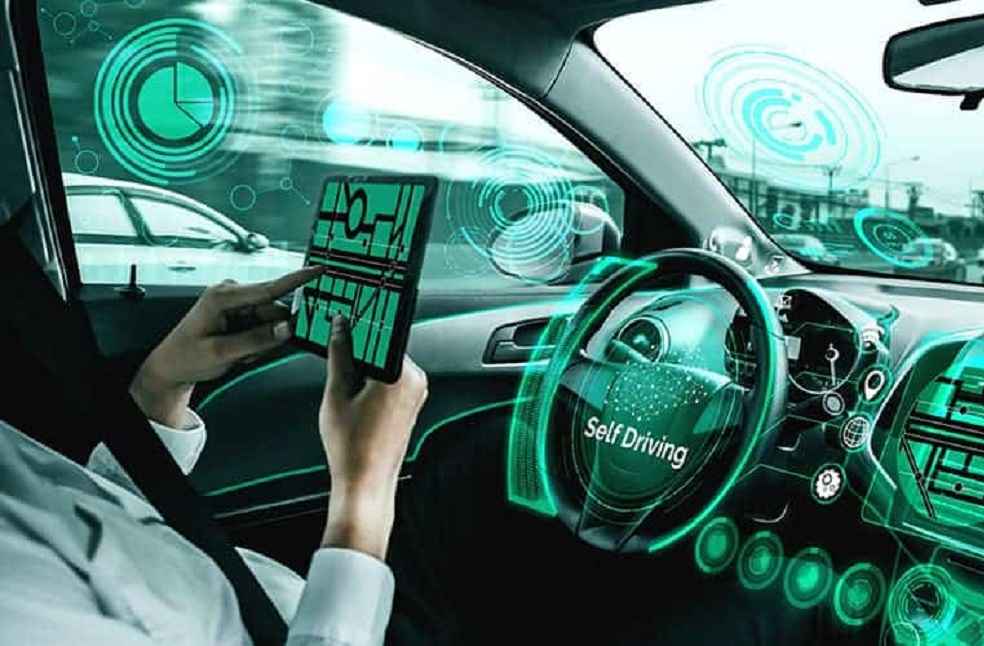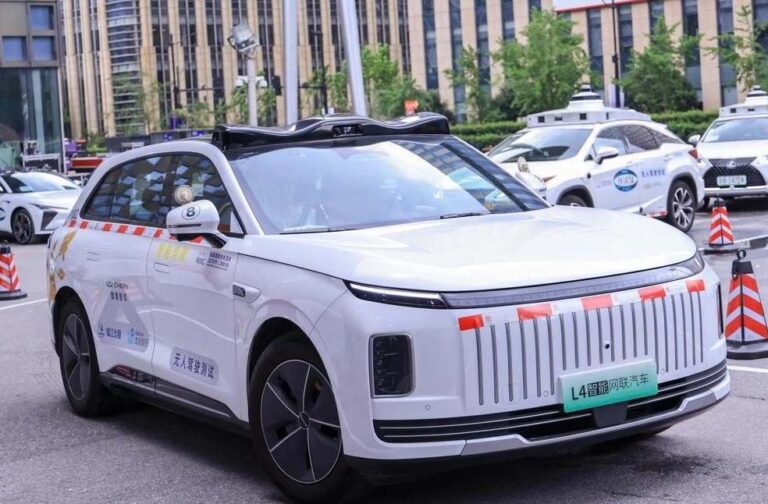Autonomous driving technology firm WeRide revealed on Wednesday that it has granted permission to carry out late-night testing of its robotaxi fleet on public roads within Beijing’s High-Level Autonomous Driving Demonstration Zone.
The approval permits testing between 10 p.m. and 7 a.m., marking progress toward a 24/7 autonomous ride-hailing system in the city. The initiative is designed to deliver reliable autonomous mobility services that operate day and night and in all weather conditions.
Nighttime conditions in Beijing pose major hurdles for autonomous vehicles, with limited lighting and harsh seasonal weather such as summer downpours and winter snowfall. To overcome these challenges, WeRide has equipped its robotaxis with over 20 advanced sensors, including high-resolution cameras and LiDAR units. This sensor suite is integrated with a multi-sensor fusion algorithm and a high-performance computing platform, enabling seamless 360-degree visibility with no blind spots and a detection range reaching up to 200 meters.

WeRide added that it uses automotive-grade sensors, complemented by an intelligent cleaning system that automatically detects and removes dirt and moisture, ensuring optimal sensor performance in all weather conditions.
In May 2025, WeRide launched China’s first round-the-clock autonomous ride-hailing network in Guangzhou, gaining full-day operational experience across diverse driving conditions. The start of 24/7 robotaxi testing in Beijing marks a significant milestone in validating WeRide’s technology and safety systems. The effort also addresses gaps in public transit during off-peak hours, enhancing vehicle availability in early mornings and late nights, particularly in underserved regions.
WeRide has currently secured autonomous driving licenses in six global markets: China, France, Saudi Arabia, Singapore, the United Arab Emirates, and the United States.
EV WORLD | Tesla Launches First Supercharger Station in India, Plans Expansion





